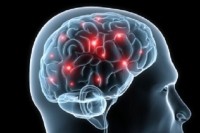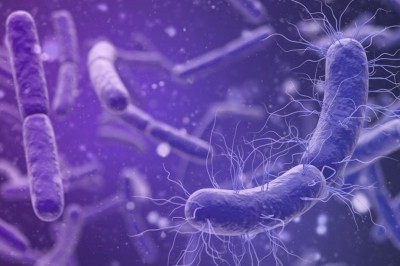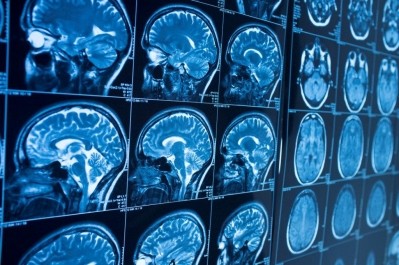Omega-3 efficacy dependent on Alzheimer’s mechanism: Review

Drawing from a raft of animal and cell culture studies, the researchers believe that omega-3 PUFAs’ efficacy depends greatly on which molecular mechanism it exerts its neuroprotective effects.
The majority of omega-3 PUFAs can be provided by dietary intake, mainly from fish fats, but supplementation has become a popular, efficient way of ensuring an adequate supply of omega-3 PUFA reaches the brain.
Docosahexaenoic acid (DHA) is the essential omega-3 PUFA mainly found in marine products. Approximately 60% of PUFA in neuronal membranes consist of DHA, thus representing the most common omega-3 PUFA in the human brain.
DHA’s health benefits
DHA has been implicated in the growth and development of nervous tissue, synapses, brain development, and maintenance of membrane fluidity.
Researchers from the University of Lyon evaluated a series of in vitro, and in vivo studies performed over the past 25 years.
The majority of in vivo studies examined the cognitive effects in non-demented older human subjects as well as in individuals with mild cognitive dysfunction. Here, the beneficial effects of PUFA on memory, cognitive function, and neuroperformance were demonstrated.
The researchers suggested that from these findings, the omega-3 PUFAs administered may be effective only when consumed before the onset of the disease or in case of mild symptoms.
When assessing the in vitro and animal studies, the researchers identified a number of neuroprotective effects of DHA, via multiple and interactive mechanisms.
The detection of amyloid plaques (APs), a key characteristic of Alzheimer’s, and its link to higher cholesterol levels emerged from studies.
High plasma and brain cholesterol levels have been linked to Alzheimer’s neuropathology in studies while higher protein production and deposition into APs have been observed in animals after consumption of a high cholesterol diet.
DHA’s anti-inflammatory effects in the brain were also well-documented. Studies have shown that inflammation induced by proteins actively contribute to the onset and progression of Alzheimer’s disease neuropathology.

Likewise, the antioxidant effects in the brain were a key mechanism suggested to be involved in the pathogenesis of Alzheimer’s notably by the increased production of reactive oxygen species and oxidative degradation of lipids.
Lastly, the loss of synapses and neuronal death in limbic and cortical brain regions were other key processes responsible for the neurodegeneration associated with cognitive impairment in Alzheimer’s.
A number of studies and research efforts were mentioned as evidence as to DHA’s protective abilities in combating oxidative stress that initiated neuronal apoptosis at the cellular level.
“These results provide strong mechanistic evidence that cognitive capacities of the aging brain can be preserved with DHA, and these support the major role of fish or DHA consumption and metabolism in prevention of Alzheimer’s disease pathogenesis,” the paper stated.
Early intervention
Mechanisms that were found earlier on in Alzheimer’s progress were recommended as a target of treatment.

The team thought the oxidative damage that appeared early in the course of Alzheimer’s pathology increased supply of some micronutrients (antioxidants like vitamins C and E and polyphenolic compounds), which may be helpful in lowering the risk of conversion to dementia.
The synergistic actions of nutrients on cognitive function and mental health also led scientists to call for more research in this area.
Investigations into how DHA, in combination with other nutrients and cofactors, could protect from age-related dementia or lower Alzheimer’s progression was of vital importance, the researchers agreed.
“In the years to come, it will be of importance to develop nutritional Alzheimer’s disease-preventive strategies aimed at optimising the brain lipid profile.”
“New powerful tools are also currently being developed such as isotopically labelled DHA in human subjects and may offer some promising approaches to understand how and why DHA homeostasis changes during aging and Alzheimer’s disease,” the review concluded.
Source: The Journal of Nutritional Biochemistry
Published online ahead of print, doi:10.1016/j.jnutbio.2016.03.002
“The pleiotropic effects of omega-3 docosahexaenoic acid on the hallmarks of Alzheimer's disease.”
Authors: Mounir Belkouch, Mayssa Hachem, Abdeljalil Elgot, Amanda Lo Van, Madeleine Picq, Michel Guichardant, Michel Lagarde, Nathalie Bernoud-Hubac
















